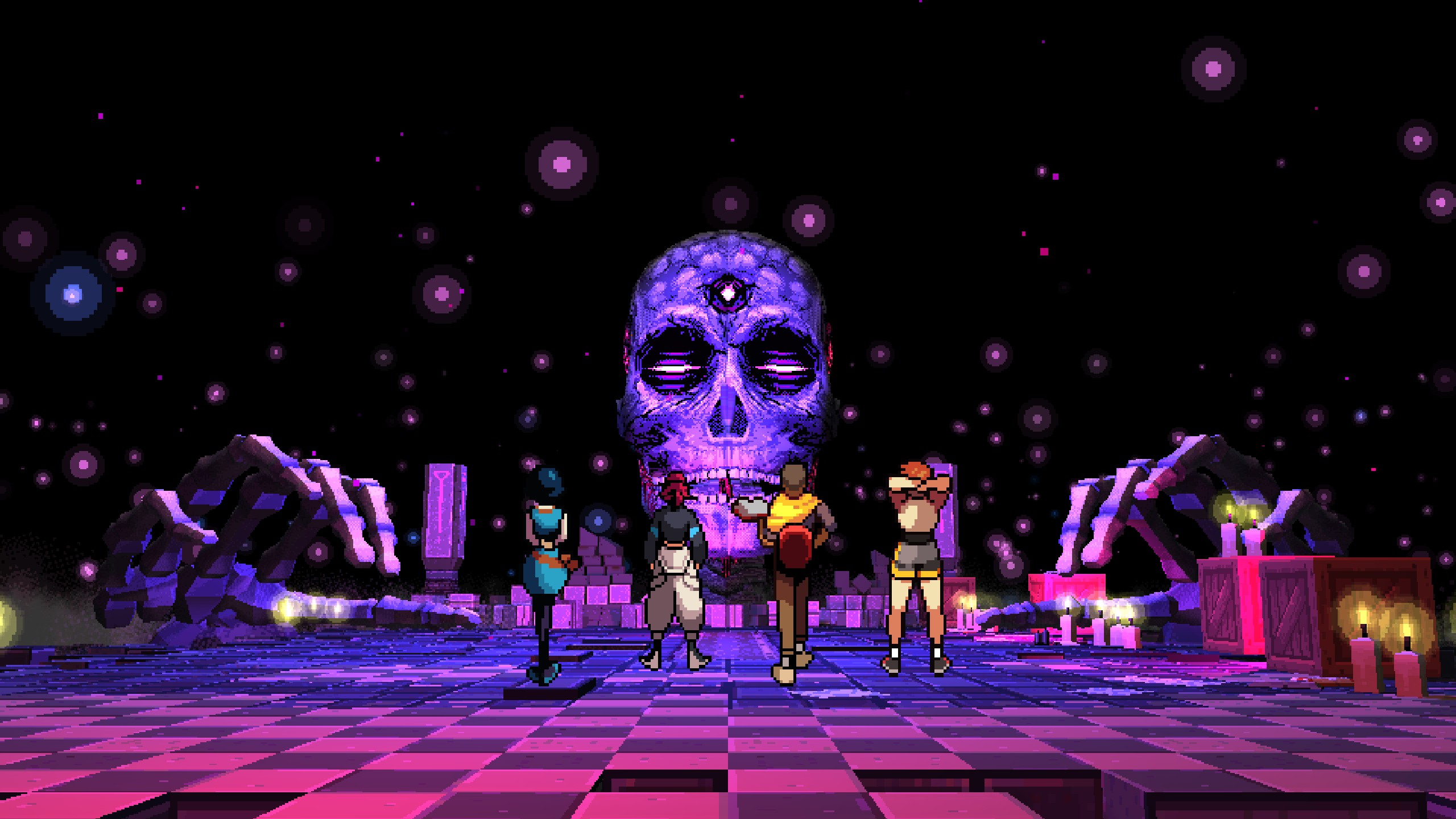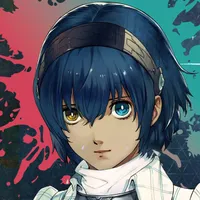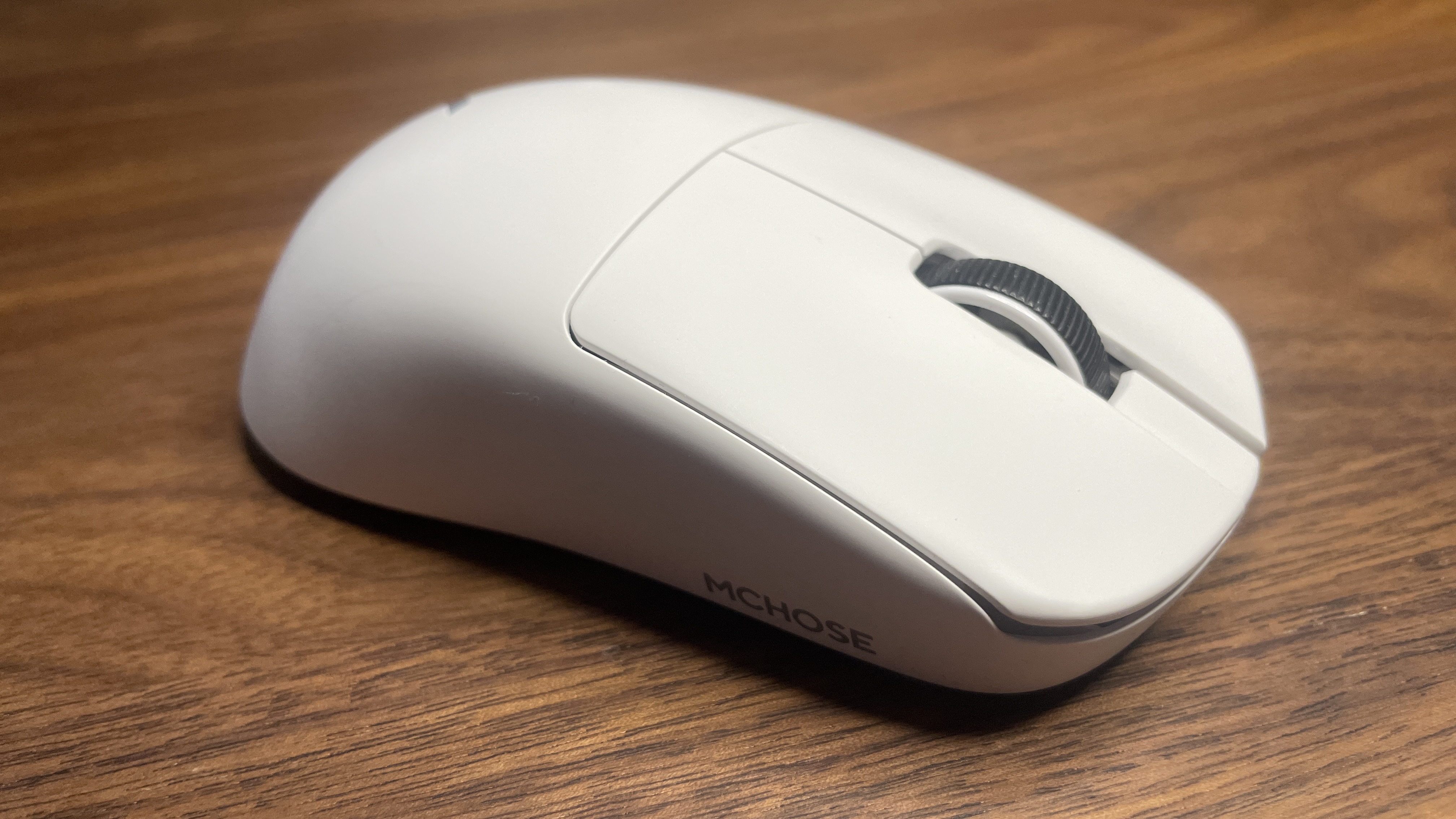
Keep up to date with the most important stories and the best deals, as picked by the PC Gamer team.
You are now subscribed
Your newsletter sign-up was successful
Want to add more newsletters?

Every Friday
GamesRadar+
Your weekly update on everything you could ever want to know about the games you already love, games we know you're going to love in the near future, and tales from the communities that surround them.

Every Thursday
GTA 6 O'clock
Our special GTA 6 newsletter, with breaking news, insider info, and rumor analysis from the award-winning GTA 6 O'clock experts.

Every Friday
Knowledge
From the creators of Edge: A weekly videogame industry newsletter with analysis from expert writers, guidance from professionals, and insight into what's on the horizon.

Every Thursday
The Setup
Hardware nerds unite, sign up to our free tech newsletter for a weekly digest of the hottest new tech, the latest gadgets on the test bench, and much more.

Every Wednesday
Switch 2 Spotlight
Sign up to our new Switch 2 newsletter, where we bring you the latest talking points on Nintendo's new console each week, bring you up to date on the news, and recommend what games to play.

Every Saturday
The Watchlist
Subscribe for a weekly digest of the movie and TV news that matters, direct to your inbox. From first-look trailers, interviews, reviews and explainers, we've got you covered.

Once a month
SFX
Get sneak previews, exclusive competitions and details of special events each month!
I'm as guilty as anyone for hammering the skip button when a videogame's credits begin to roll, but I acknowledge that a scrolling list of names is an important part of the game. At a time when layoffs abound, projects are cancelled at a moment's notice, and work in the games industry is more difficult to find than ever, designers being able to show potential employers the work they've done is vital. Hence, diligent, accurate crediting is important for any creative's career, as well as just being the decent thing to do.
In most cases, a credit is formulated as the developer's name and the nature of their role on the project, whether that's a fixed job title or a specific type of work they contributed on a part-time or freelance basis. But with the credits for Demonschool, developer Necrosoft Games went one step further, adding paragraph-long descriptions for every role on the project.
This was highlighted by Necrosoft's design director Brandon Sheffield, who posted an image of some of Demonschool's credit to demonstrate their approach. "Often you see credits in games where you don't know what the credited developer was actually responsible for. We wanted to give people proper actual credit," Sheffield explains.
The image shows credits for two of Demonschool's developers, with descriptions placed below the more traditional credit format. For Demonschool's 3D art lead Brent Porter for example, the description reads:
Did most of the 3D modelling and rigging as well as creating most backgrounds. Also developed the lighting scheme and the visual style used in tiling and texture work. Created a number of the 2D battle and NPC sprites and visual effects, as well as preproduction concept art, including determining the final proportions of battle characters.
We did something different with the credits for Demonschool. We used this format: name, title, lengthy description of what they did. Often you see credits in games where you don't know what the credited developer was actually responsible for. We wanted to give people proper, actual credit.
— @brandon.insertcredit.com (@brandon.insertcredit.com.bsky.social) 2025-11-25T11:23:58.087Z
"Credits are basically a free space," Sheffield elaborates in a follow-up post. "Players will watch them or not. Those who do will come to understand how each person participated." I'd add to this that such descriptions make me more likely to stop and read the credits. For the average person, reading an enormous list of names is not an engaging exercise—unless you're smitten with a specific aspect of design and want to find out who worked on it. But credits that tell me in detail what a person did? That's interesting, providing a bit of inside track on the development process.
Sheffield points out a couple of other interesting things too about Demonschool's credits too. He notes that Necrosoft credits "everyone who ever touched the game in any way," which is also good practice. Sometimes developers miss out people who had smaller roles on a project, like localisation teams or design consultants, even though their work still helps shape the experience.
Keep up to date with the most important stories and the best deals, as picked by the PC Gamer team.
Finally, Sheffield concedes that "this means for a relatively small team our credits are long. But who cares? Why be stingy with it?" This goes back to his earlier point about credits being a "free space". There's no limit on how long a game's credits can be, and players are more likely to sit through them based on how interesting they are rather than their length.
Of course, a game has to be worth your time before you're likely to read its credits, and by all accounts Demonschool will have you eating through it like a tube of Pringles. "I devoured it in a matter of days," Mollie Taylor wrote in her Demonschool review, awarding it a score of 86%. "It pulled off something no other RPG has managed before: make me fall in love with the ways of the isometric grid."
Best cozy games: Relaxed gaming
Best anime games: Animation-inspired
Best JRPGs: Classics and beyond
Best cyberpunk games: Techno futures
Best gacha games: Freemium fanatics
Rick has been fascinated by PC gaming since he was seven years old, when he used to sneak into his dad's home office for covert sessions of Doom. He grew up on a diet of similarly unsuitable games, with favourites including Quake, Thief, Half-Life and Deus Ex. Between 2013 and 2022, Rick was games editor of Custom PC magazine and associated website bit-tech.net. But he's always kept one foot in freelance games journalism, writing for publications like Edge, Eurogamer, the Guardian and, naturally, PC Gamer. While he'll play anything that can be controlled with a keyboard and mouse, he has a particular passion for first-person shooters and immersive sims.
You must confirm your public display name before commenting
Please logout and then login again, you will then be prompted to enter your display name.


